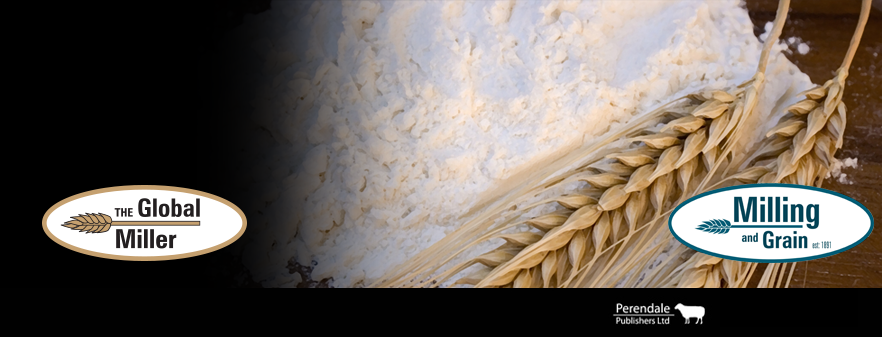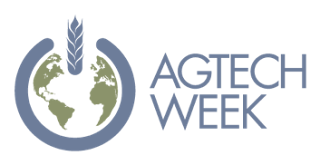The Amazon Soy Moratorium guarantees market access only to soy products that are free from deforestation, slave or threats to indigenous lands.
Initially launched in 2006 for two years, and renewed annually since 2008, it has been renewed indefinitely on 9 May 2016, as announced by the Brazilian Soy Task Force (GTF). The GTF is a multi-stakeholder coalition bringing together the private sector, the civil society and the Brazilian government.
“The Soy Moratorium has proved to be effective in reducing deforestation in the Amazon as a consequence of soybean and we therefore welcome its indefinite renewal” says Henri Rieux, FEDIOL President.
From a broader perspective, FEFAC and FEDIOL consider that ending illegal deforestation through ensuring legal compliance with national regulation is the first step towards forest protection. This represents a valuable contribution of the FEFAC Soy Sourcing Guidelines which are also supported by FEDIOL.
“The Guidelines are in line with for example the current Brazilian Forest Code, which together with the federal monitoring of farms under rural environmental registration (CAR), can be considered a breakthrough in terms of environmental legislation enforcement and enabling responsible soy production” says FEFAC President Ruud Tijssens.
Moreover FEFAC and FEDIOL are convinced that zero net deforestation can only be achieved by regional actions, taking all agricultural activities (like livestock farming, cotton and corn production) in a certain region into account, and encourage such developments.
END
Read more HERE
Initially launched in 2006 for two years, and renewed annually since 2008, it has been renewed indefinitely on 9 May 2016, as announced by the Brazilian Soy Task Force (GTF). The GTF is a multi-stakeholder coalition bringing together the private sector, the civil society and the Brazilian government.
“The Soy Moratorium has proved to be effective in reducing deforestation in the Amazon as a consequence of soybean and we therefore welcome its indefinite renewal” says Henri Rieux, FEDIOL President.
From a broader perspective, FEFAC and FEDIOL consider that ending illegal deforestation through ensuring legal compliance with national regulation is the first step towards forest protection. This represents a valuable contribution of the FEFAC Soy Sourcing Guidelines which are also supported by FEDIOL.
“The Guidelines are in line with for example the current Brazilian Forest Code, which together with the federal monitoring of farms under rural environmental registration (CAR), can be considered a breakthrough in terms of environmental legislation enforcement and enabling responsible soy production” says FEFAC President Ruud Tijssens.
Moreover FEFAC and FEDIOL are convinced that zero net deforestation can only be achieved by regional actions, taking all agricultural activities (like livestock farming, cotton and corn production) in a certain region into account, and encourage such developments.
END
Read more HERE
The Global Miller
This blog is maintained by The Global Miller staff and is supported by the magazine GFMT
which is published by Perendale Publishers Limited.
For additional daily news from milling around the world: global-milling.com




























